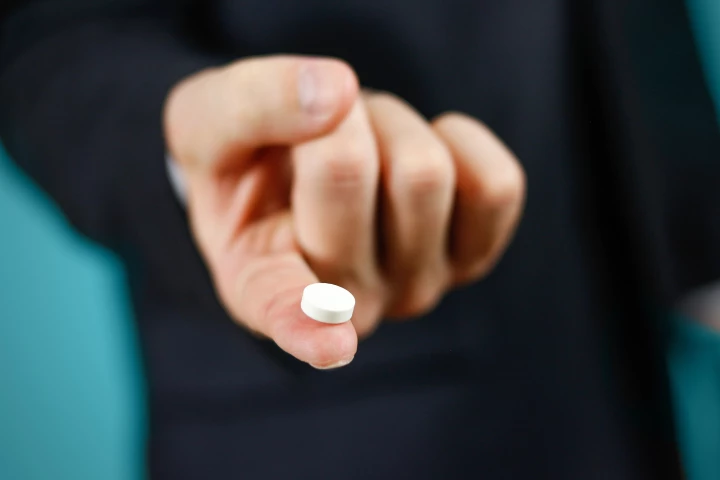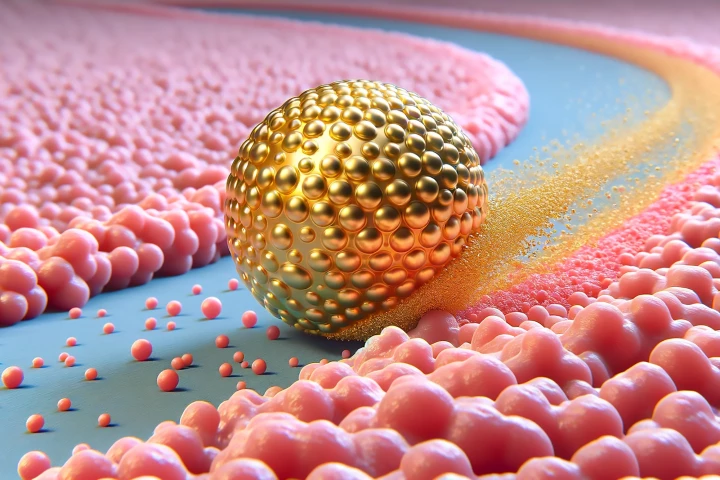molecular biology
-
Even without noses, octopuses are able to determine which food sources are good to eat and which have gone past their prime simply by touching them. The secret, says a new study, lies with surface microbiomes and some very sensitive suckers.
-
The first-ever "biological computer" powered by human cells, which form an ever-learning neural network, has been launched. It's an entirely new kind of AI – Synthethic Biological Intelligence – and not even its creators can predict its full potential.
-
Built to be carnivorous, giant pandas spend up to 16 hours a day on their backsides eating bamboo. But contrary to all the panda jokes, it's not because they're lazy or too dumb to know better. It's far more fascinating – and it may help humans, too.
-
Common ivy is better known as a garden invader or a rather attractive indoor plant that's prone to triggering allergies. Now, for the first time, it's been found to be very effective in blocking pain signals – by instead invading a key pain receptor.
-
A peptide hormone produced in the brain that triggers physiological changes in reproduction has been 'hacked' to create an effective, safe and non-invasive way to treat chronic gut pain. Scientists are calling it an entirely new class of painkiller.
-
Insect venom may seem like an unlikely ally in the discovery of new human pain treatments, but the latest findings into the "unique" way a small ant causes us such agony is a big leap forward – and one that's expected to progress rapidly.
-
We’ve all spent time and effort on pointless tasks so we look busy when the boss walks past. But now scientists have discovered a new type of fat cell in the body that does the same thing, burning energy and producing heat with pointless busywork.
-
Instead of focusing on fighting the plaques linked to Alzheimer's, researchers took a look at boosting electrical oscillations in the brain. The molecule they invented got the job done in mice, offering hope for a new treatment path for humans.
-
The world's first human trial of a drug that can regenerate teeth will begin in a few months, less than a year on from news of its success in animals. This paves the way for the medicine to be commercially available as early as 2030.
-
A non-hormonal, reversible and safe male pill may be in sight, as scientists successfully silence a protein crucial in fertile sperm production. Knocking out this protein temporarily resulted in unviable sperm, without any lasting impacts on fertility.
-
The current breakthrough weight-loss drugs are only the beginning, according to Danish researchers hard at work on a new treatment that targets the brain's natural plasticity, which could offset bad side effects and provide more long-term benefits.
-
The body uses protein-based molecular motors to perform functions essential to life. Now, researchers have created ‘The Lawnmower,’ the first synthetic motor that propels itself by harnessing the energy it creates as it cuts through fields of proteins.
Load More











